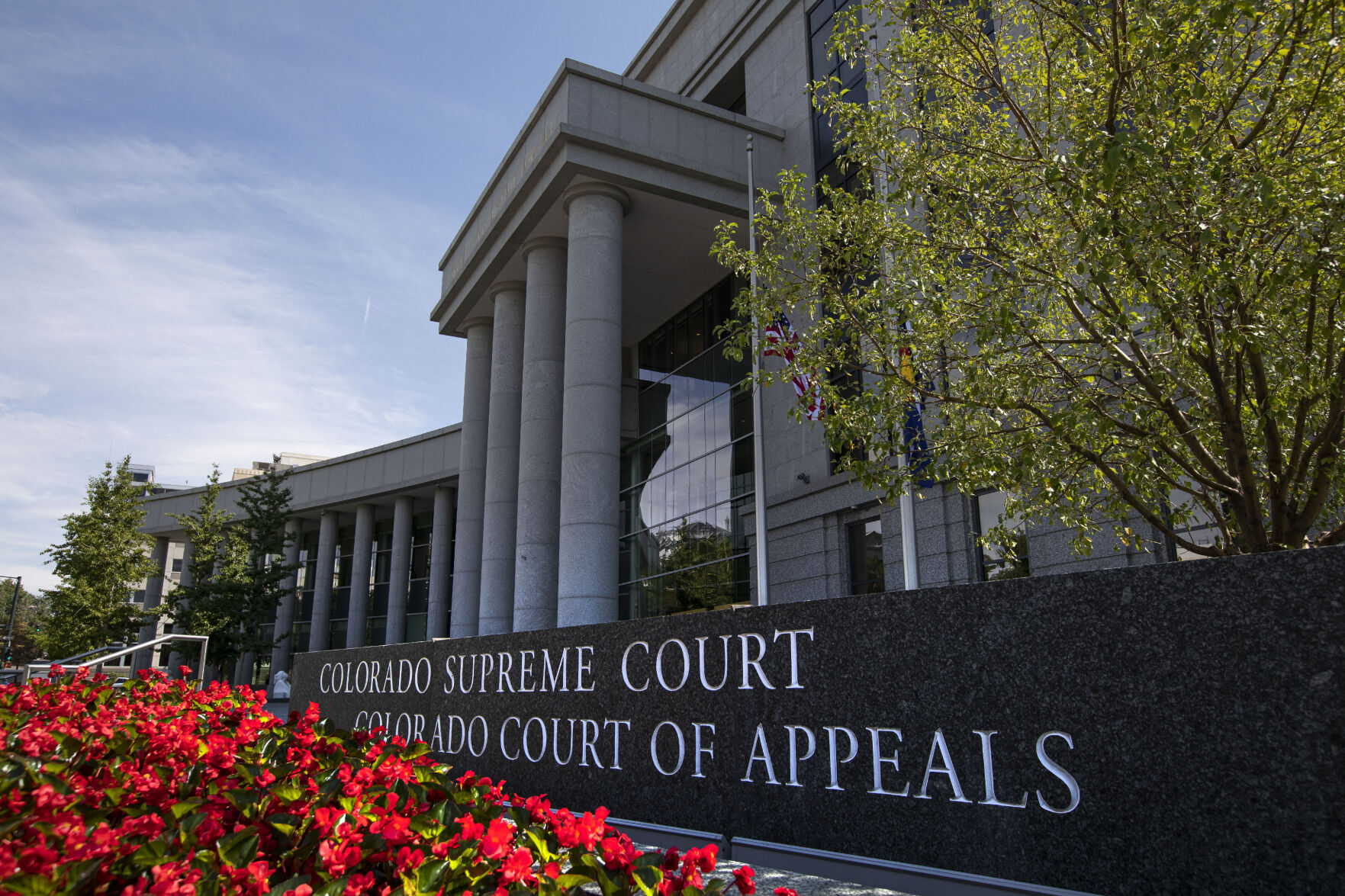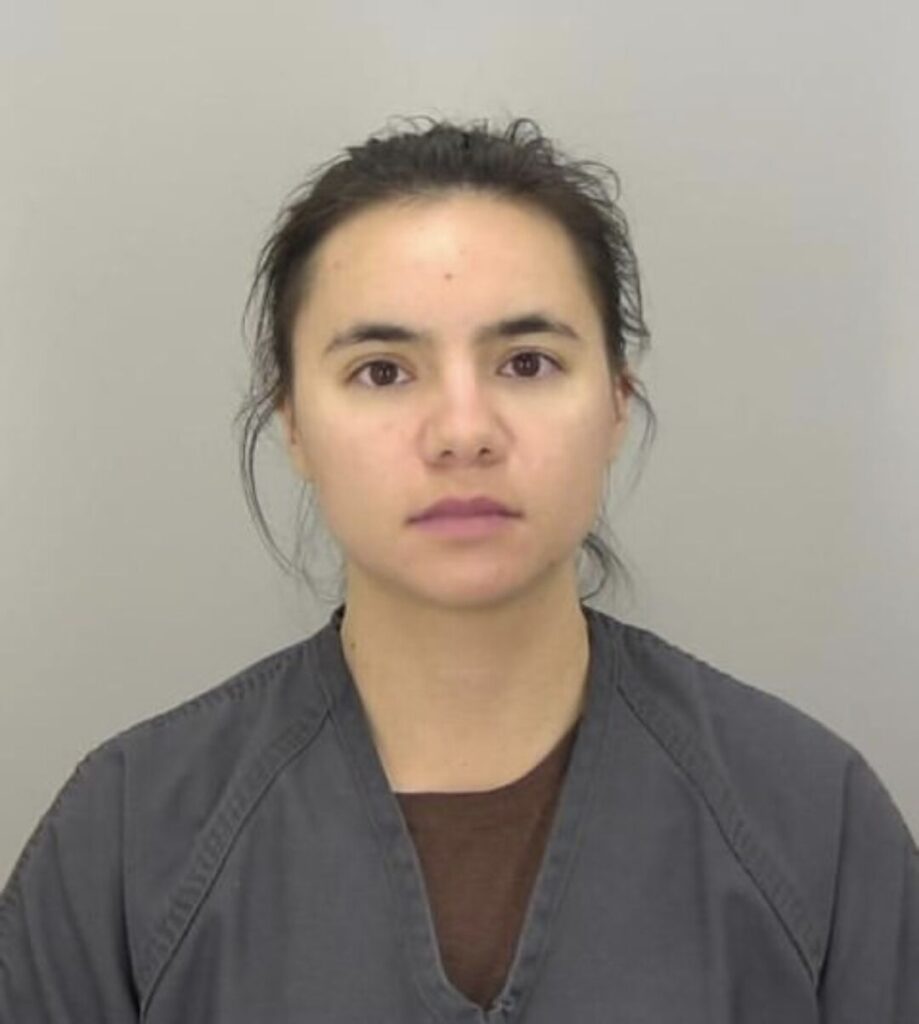Federal judge asks Colorado Supreme Court to address vehicle insurance question

In an uncommon move, a federal judge has asked the Colorado Supreme Court to interpret whether state law allows people who are injured on the job while operating a vehicle to seek benefits simultaneously from workers’ compensation and from their employers’ insurance company.
Although the Supreme Court has previously issued decisions about the ability of injured workers to sue their employers’ insurer, the justices have not addressed the exact scenario raised in the lawsuit of Kevin Klabon. In Klabon’s case, he was operating a company vehicle when a driver crashed into him. Klabon received workers’ compensation benefits but also sought money from Travelers Insurance, whose policy covered the company vehicle.
U.S. Magistrate Judge N. Reid Neureiter, in a May 26 order, found it unclear whether people in Klabon’s shoes can, in fact, receive compensation for their injuries from both sources of money.
“The only court that can answer this question with finality as a matter of Colorado law is the Colorado Supreme Court,” he wrote.
Federal courts may transmit a legal question to the state Supreme Court, a process known as “certification.” Certified questions are relatively rare, with the Supreme Court receiving only two in fiscal year 2019-2020, two in fiscal year 2020-2021, and none in the latest fiscal year.
The most recent certified question, which the court answered in March 2022, also pertained to Colorado’s treatment of insurance claims.
In the absence of a legal interpretation from the Colorado Supreme Court, federal judges interpreting state law are essentially left to guess how the Supreme Court might resolve a case.
By asking Neureiter to resolve Klabon’s lawsuit in its favor, Travelers argued Colorado’s Workers’ Compensation Act is clear: When a worker is injured in a vehicle accident on the job and they receive workers’ compensation benefits, they cannot also pursue a payout from the employer’s insurance company.
In Klabon’s case, the at-fault driver was underinsured, meaning their vehicle insurance did not fully cover Klabon’s injuries. Klabon’s lawsuit alleged he incurred at least $500,000 in medical expenses from the accident, far greater than the $25,000 paid by the driver’s insurer. Although Travelers’ policy provided up to $1 million in underinsured motorist coverage, the company only ended up paying Klabon $45,766.
Klabon alleged his employer made premium payments so that Travelers could provide coverage in the event of an accident, and Travelers was consequently failing to abide by that contract.
In its corner, Travelers had a 2022 decision from U.S. District Court Senior Judge Christine M. Arguello, which also stemmed from a vehicle accident that injured a worker on the clock. Arguello acknowledged the state Supreme Court had not reviewed a case exactly like it, but she concluded the injured worker could not sue for insurance benefits after collecting workers’ compensation under Colorado law.
On the other hand, U.S. District Court Judge Daniel D. Domenico issued an order two years prior that found the opposite – that a worker injured by a third party in a car crash can claim workers’ compensation and benefits from their employer’s insurance company.
“Thus, this Court finds itself confronted with: directly conflicting decisions from my respected colleagues,” wrote Neureiter.
In transmitting the question to the Supreme Court, Neureiter noted that lawsuits involving underinsured motorists make up a “substantial portion” of the federal docket in Colorado, as insurance companies commonly transfer claims filed in state courts to the federal system.
For that reason, he elaborated, the question of whether workers’ compensation benefits shut off access to underinsured motorist claims “is best resolved by the Colorado Supreme Court, rather than be left to the guesswork” of federal judges.
The case is Klabon v. Travelers Property Casualty Company of America.














